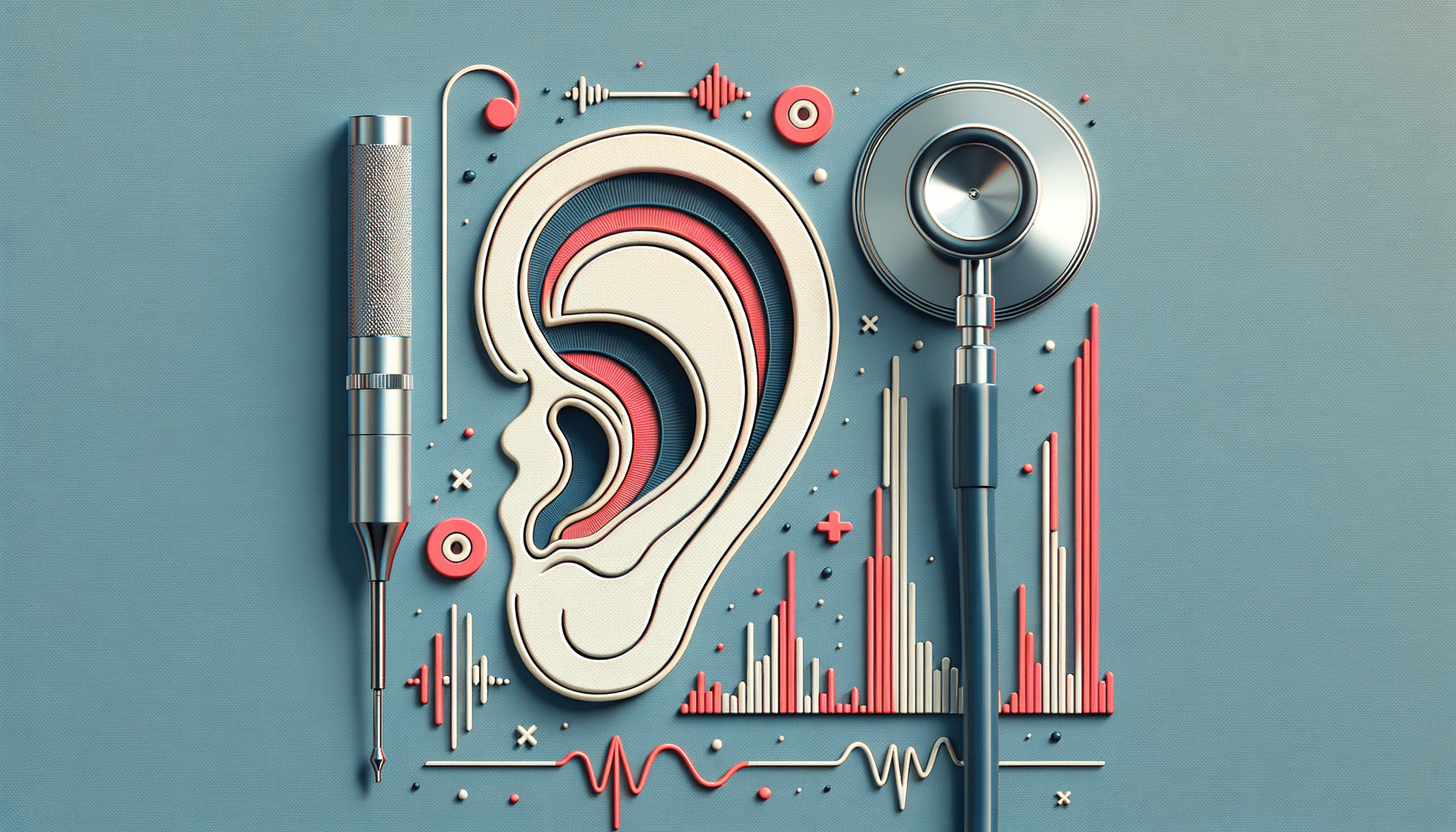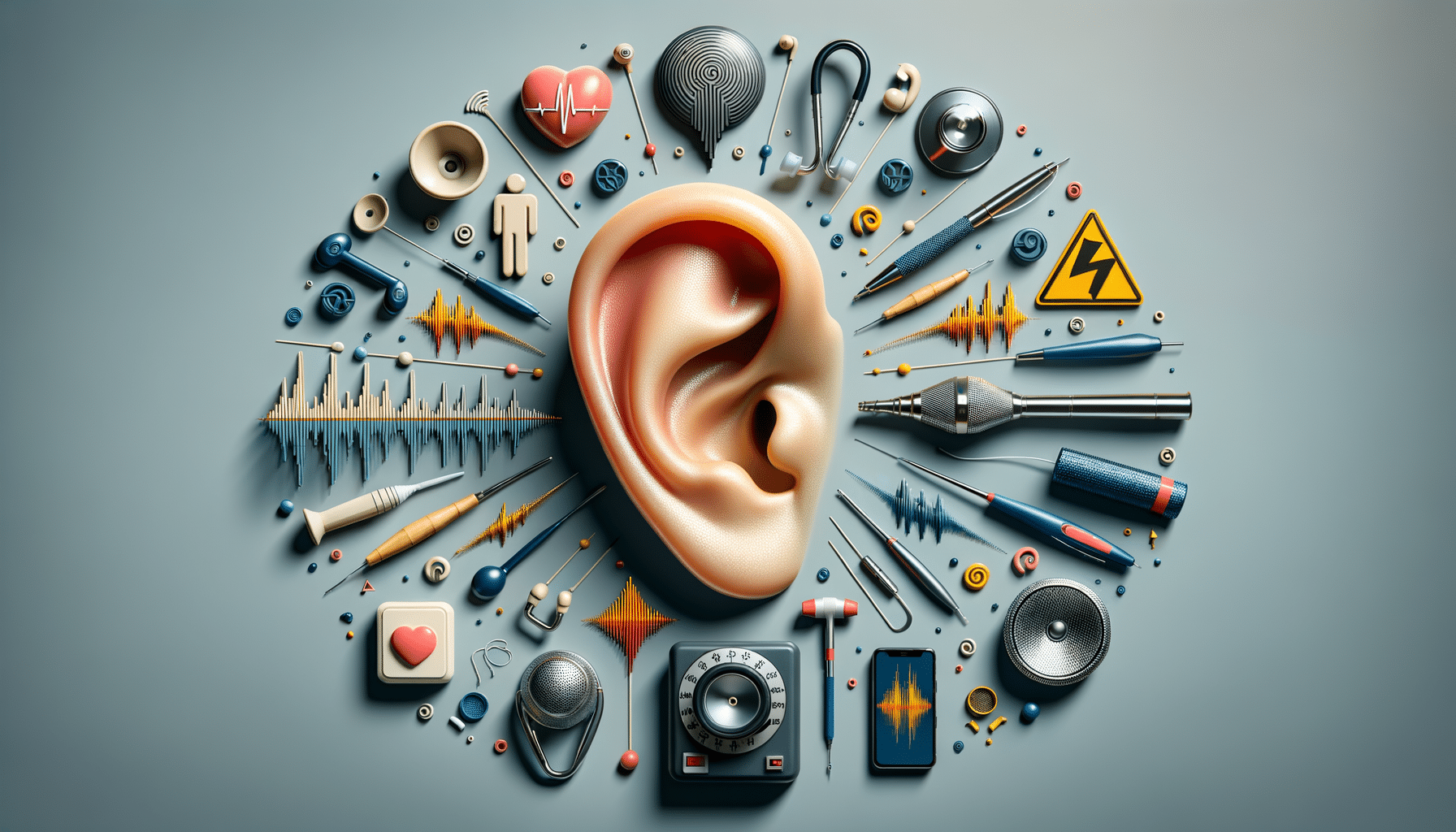
Assess Your Risk: Take This Depression Test to Understand Early Signs
Understanding Depression: An Overview
Depression is a complex mental health disorder that affects millions of people worldwide. It is characterized by persistent sadness, loss of interest in activities, and a range of emotional and physical problems. Understanding depression is crucial, as it can significantly impact one’s quality of life. While it is normal to feel down occasionally, depression is different as it lingers and can interfere with daily functioning.
The causes of depression are multifaceted, involving a combination of genetic, biological, environmental, and psychological factors. Major life changes, trauma, and chronic stress can trigger or exacerbate depressive episodes. Identifying these factors early on can help in managing and treating depression effectively.
Recognizing the early signs of depression is essential for timely intervention. These signs may include changes in sleep patterns, appetite, energy levels, concentration, daily behavior, or self-esteem. Early detection through a depression test can help individuals seek professional help before the condition worsens.
The Importance of Depression Tests
Depression tests play a vital role in identifying the symptoms of depression. These tests are designed to assess the severity of depression and help in diagnosing the condition accurately. They typically consist of a series of questions that evaluate mood, behavior, and cognitive patterns.
One of the main benefits of taking a depression test is that it provides a structured way to reflect on one’s mental health. It can serve as a starting point for a conversation with a healthcare provider. A depression test is not a substitute for a professional diagnosis, but it can be a valuable tool in the overall assessment process.
It’s important to approach depression tests with honesty and openness. The results can guide individuals toward appropriate treatment options, which may include therapy, medication, or lifestyle changes. Early detection through these tests can lead to better outcomes and improved mental health.
Types of Depression Tests
There are various types of depression tests available, each serving a specific purpose. Some of the most commonly used tests include:
- Self-Assessment Questionnaires: These are typically short surveys that individuals can take on their own. They are designed to quickly assess symptoms and provide an indication of whether further evaluation is needed.
- Clinical Interviews: Conducted by mental health professionals, these interviews involve a detailed discussion about symptoms, history, and other relevant factors. They are more comprehensive than self-assessment questionnaires.
- Standardized Tests: These tests, such as the Beck Depression Inventory (BDI) or the Patient Health Questionnaire (PHQ-9), are widely used in clinical settings. They provide a standardized method for assessing depression severity.
Each type of test has its advantages and limitations. Self-assessment questionnaires are convenient and accessible, while clinical interviews offer a more personalized evaluation. Standardized tests provide consistency and reliability in measuring depression levels.
How to Interpret Depression Test Results
Interpreting the results of a depression test requires careful consideration. It’s important to remember that these tests are tools, not definitive diagnoses. Results from self-assessment questionnaires can indicate the likelihood of depression but should be followed up with professional evaluation.
Clinical interviews provide a more nuanced understanding of the individual’s mental health. Mental health professionals can interpret these results in the context of the individual’s history and current circumstances. Standardized tests offer scores that categorize the severity of depression, ranging from mild to severe.
Regardless of the test type, it’s crucial to approach the results with an open mind. A high score on a depression test should prompt further investigation and consultation with a healthcare provider. Early intervention can lead to effective treatment and improved quality of life.
Steps to Take After a Depression Test
After taking a depression test, the next steps are crucial in addressing mental health concerns. Here are some recommended actions:
- Consult a Healthcare Professional: Share the test results with a doctor or mental health specialist for a comprehensive evaluation and diagnosis.
- Explore Treatment Options: Depending on the diagnosis, treatment may include therapy, medication, or lifestyle changes. Discuss these options with a healthcare provider to determine the best approach.
- Seek Support: Reach out to family, friends, or support groups for emotional support. Having a strong support system can be beneficial in managing depression.
- Monitor Symptoms: Keep track of symptoms and any changes in mood or behavior. This information can be valuable for healthcare providers in adjusting treatment plans.
Taking proactive steps after a depression test can lead to significant improvements in mental health. It’s important to remember that recovery is a journey, and seeking help is a sign of strength.


